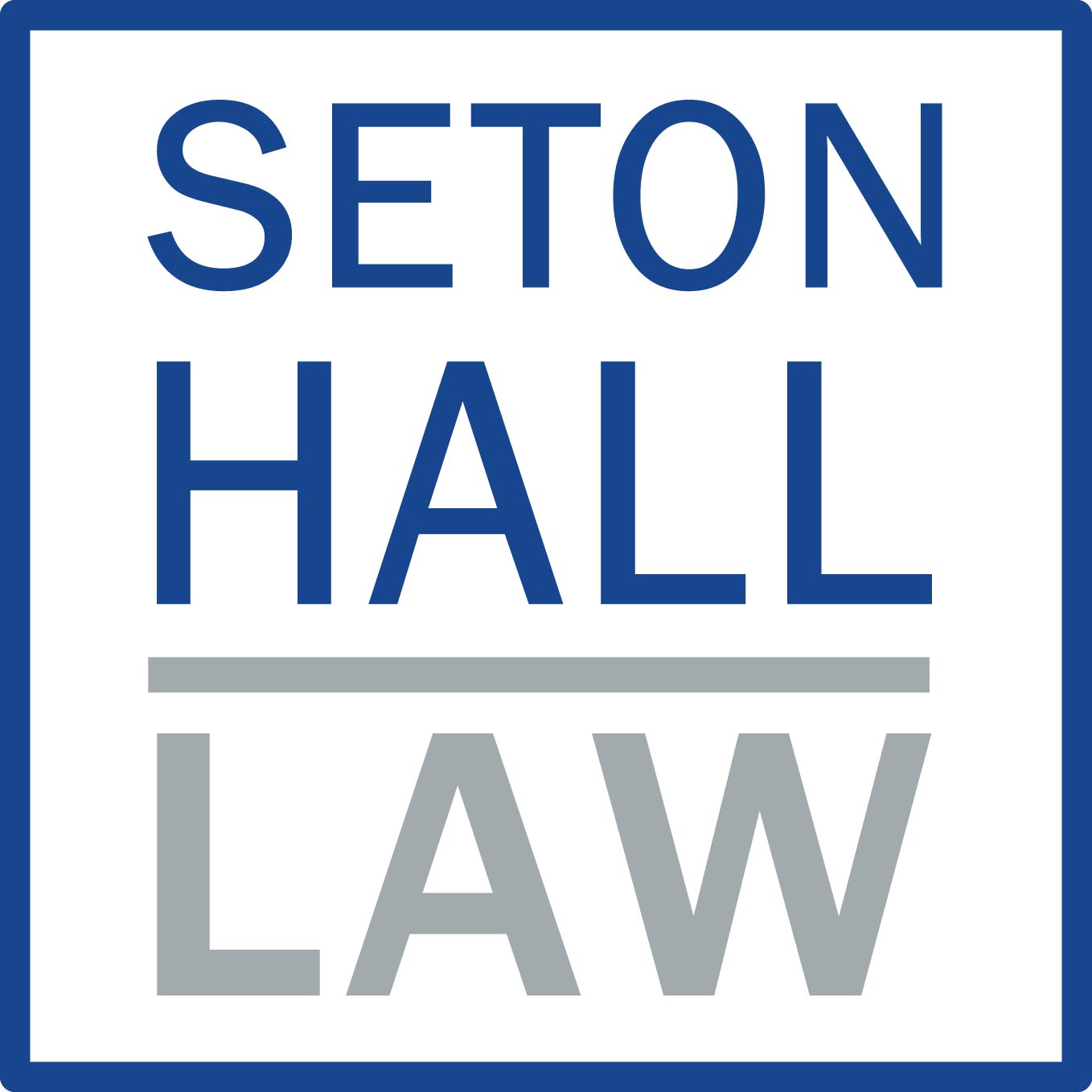
The faculty in the Center for Health & Pharmaceutical Law continue to work closely with law students who are researching COVID-19 topics. We are pleased to bring you this ongoing series, which includes articles that the students have written based on their research. In her third article, Jessica Kriegsfeld explores whether the government can mandate a COVID-19 vaccine once it is available to be distributed. She consulted with Professor Carl Coleman, Professor Angela Carmella, and Professor Jennifer Oliva on her research.

Jessica Kriegsfeld is a J.D. Candidate in the Class of 2022 at Seton Hall University School of Law. She has an undergraduate degree in Public Health Sciences from the University of Massachusetts-Amherst. She is writing a series of articles on COVID-19 vaccines.
The World Health Organization (WHO) confirms public and private companies are developing nearly 150 potential COVID-19 vaccines worldwide. Michael Mina, an infectious disease specialist at Harvard’s School of Public Health, suggests a COVID-19 vaccine will not produce “sterilizing immunity,” meaning the vaccine will not prevent infection entirely. A COVID-19 vaccine will more likely offer incomplete or short-lived protection.
A vaccine with incomplete protection would demonstrate partial effectiveness by reducing the effects of severe COVID-19 reactions but would do little to help mild or asymptomatic cases. A short-lived vaccine would help produce COVID-19 antibodies, but these antibodies would be impermanent, require a booster vaccine, and fail to offer lifelong immunity. Incomplete protection and short-lived immunity, though not an absolute preventative measure, would still be a “huge step forward” to reduce mortality rates.
A vaccine may not be the “magic bullet” that immediately allows us to return to life before COVID-19, but a vaccine may lead us closer to the 70% of the world population that needs to develop immunity to COVID-19 to stop the pandemic. The WHO listed “vaccine hesitancy” as one of the ten major threats to global public health. A recent poll supports this hesitancy by indicating 50% of the people in the United States would refuse an initial COVID-19 vaccine when it is developed. Some people are worried the “frenetic” pace of vaccine development could increase the risk of a vaccine being ineffective or having harmful side effects. The title of the United States vaccine initiative, “Operation Warp Speed,” does not help to subdue these concerns. Damon Centola, a sociologist at the University of Pennsylvania, explains social media posts that create debate about vaccine safety also make people think doing nothing is safer than a vaccine.
The 1905 Supreme Court case Jacobson v. Massachusetts explains the states’ police power to promote general health, safety, and wellness extends to mandatory vaccinations. States can mandate citizens receive vaccinations that will protect the “public health and the public safety.” Jacobson remains relevant precedent for the current pandemic as it has been cited by the Supreme Court as recently as May and July of this year.
All states have established vaccination requirements for schools and daycares barring medical exemptions. Most states provide exemptions for those whose parents object on religious grounds. States are also increasingly passing state healthcare facility vaccination laws to require healthcare workers get vaccinated for certain “vaccine-preventable diseases.” Thirty-two states have mandatory flu vaccination laws for long-term health facility residents. Though the Centers for Disease Control and Prevention (CDC) recommends everyone over the age of six get the flu vaccine each year, states have not mandated adults get the flu vaccine, and 41% of Americans indicate they will not get the flu vaccine this year.
No state has passed laws that require school-aged children or adults to get a COVID-19 vaccine.
No federal laws currently require vaccines for United States residents or for visitors entering the United States, but since many people travel across state lines and internationally, the Army Medicine 2020 Initiative suggests a “unified national approach” to require national COVID-19 vaccination. The Health Law Section of a New York State Bar Association (NYSBA) has also concluded that COVID-19 vaccines should be mandatory for all Americans. The NYSBA task force cited cases demonstrating individuals’ right to refuse medical treatment is not absolute and may be overridden when there is a sufficiently strong government interest.
Any government mandated adult vaccination would be a major and publicly controversial move. Without mandated vaccines, the CDC will likely have to capitalize on initial public enthusiasm for a vaccine to raise “vaccine confidence.” Studies indicate people will place more trust in medical experts when public health situations worsen so dispersing proper educational messaging will be essential to quell any vaccine distrust.






